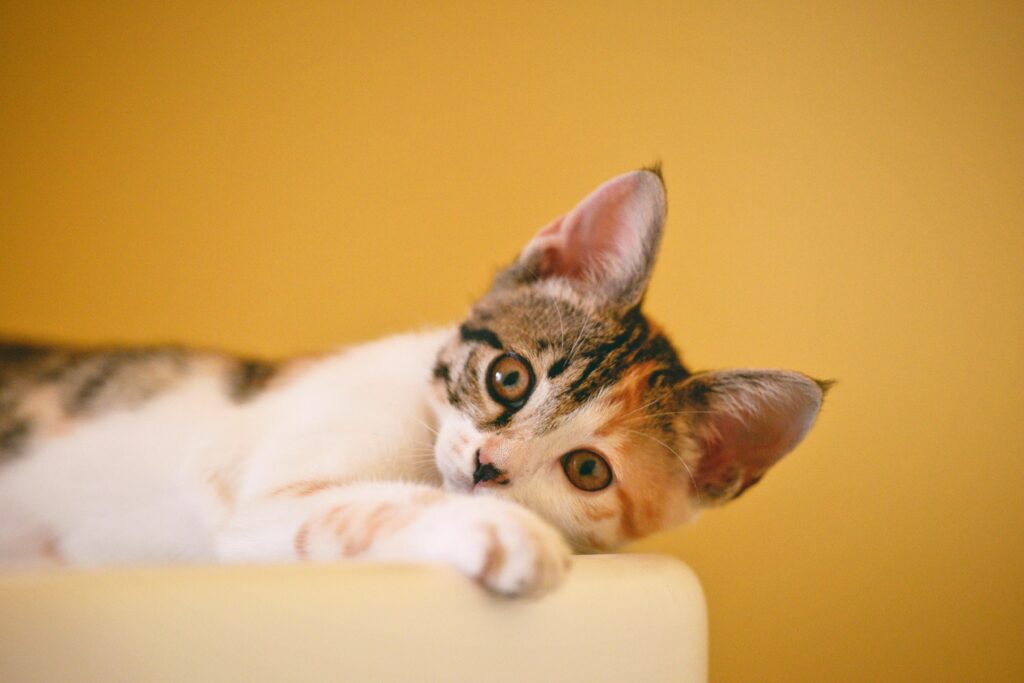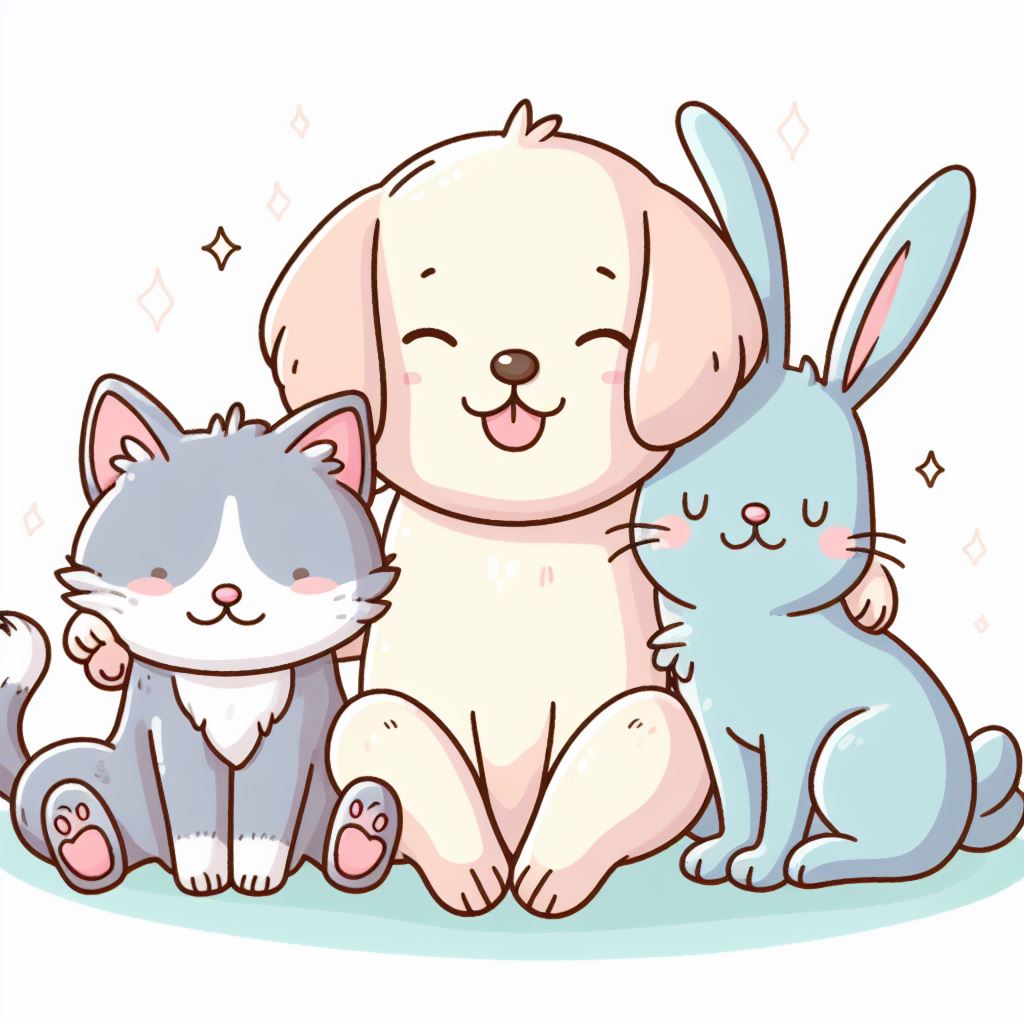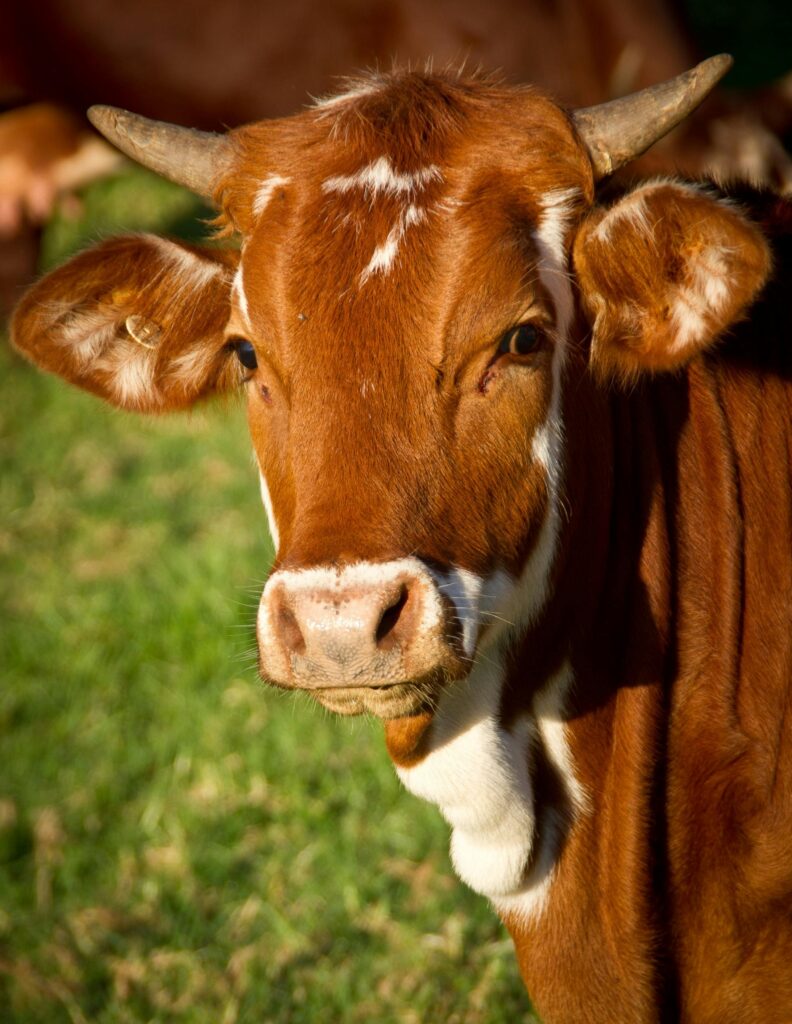We’ve all seen the cute images of cats lapping up a bowl of cow’s milk. Or, if a stray cat ends up on the front porch, perhaps your parents told you to give him a bowl of warm milk because it is good for him. The reality is, dairy being good for cats is a common misconception. Many experts now teach that dairy is not the best choice for your furry friend. For many four-legged types, it can cause a great deal of discomfort and gut distress. This is especially true for cats with a lower lactose tolerance.
Lactase is the enzyme that digests lactose. It is only present to help kittens digest their mother’s milk after birth. Once the kits stop nursing (weaned), that enzyme goes away. Growing and adult cats have a gastrointestinal system that is not designed to digest dairy foods beyond that time.

Cow’s milk is the most common type of dairy product given to cats by their owners. The lactose from the milk goes through the gastro tract of your cat and is not digested. Eventually, it produces fatty acids. The cat’s inability to effectively digest the milk can lead to stomach upset, producing diarrhea, nausea, gas, bloating , dehydration and even vomiting.
Is Goat’s Milk Okay?
While goat’s milk does have a lower amount of lactose than that of cows, it still contains it. Some veterinarians suggest you err on the side of caution and keep all milk products out of your cat’s normal diet. Others say a little is okay and it can benefit younger cats or kittens in need of milk proteins.
Other Foods Your Cat Should Not Eat
There are a lot of things that you should avoid when it comes to feeding time. The following list is not exhaustive, by any means.

Avoid These Foods/Ingredients:
- Onions and Garlic
- Foods/drinks with methanol, ethanol or isopropanol
- Chocolate
- Grapes, Raisins, Currants
- Caffeine
- Raw Seafood and Raw Meat
- Raw dough (example: pizza or bread)
- Avacado
- Bones
- Raw eggs
Some cats may appear to be tolerating dairy products and other human foods that can cause harm. However, experts caution us to stay away from anything that is potentially harmful.
In recent years, another concern arises. This not only concerns your pet consuming cow’s milk, but human consumption as well. There is a study called the Recombinant Bovine Growth Hormone (rBGH). rBGH is given to cows by [some/many] dairy farmers to increase milk production. It may be associated with the growth of tumors (American Cancer Society / Cancer.org). Since you love your furry friend, it’s good to have all the information and know the potential risks, even if your cat has always tolerated dairy products in the past.
For many reasons, it might be best to just leave milk products out of your furry friend’s diet (and possibly yours).

Source Information/Research:
- Recombinant Bovine Growth Hormone I rBGH I rBST | American Cancer Society
- Goat’s Milk Study: National Library of Medicine
- Dr. Beth Turner, Preventative Vet
- First Vet